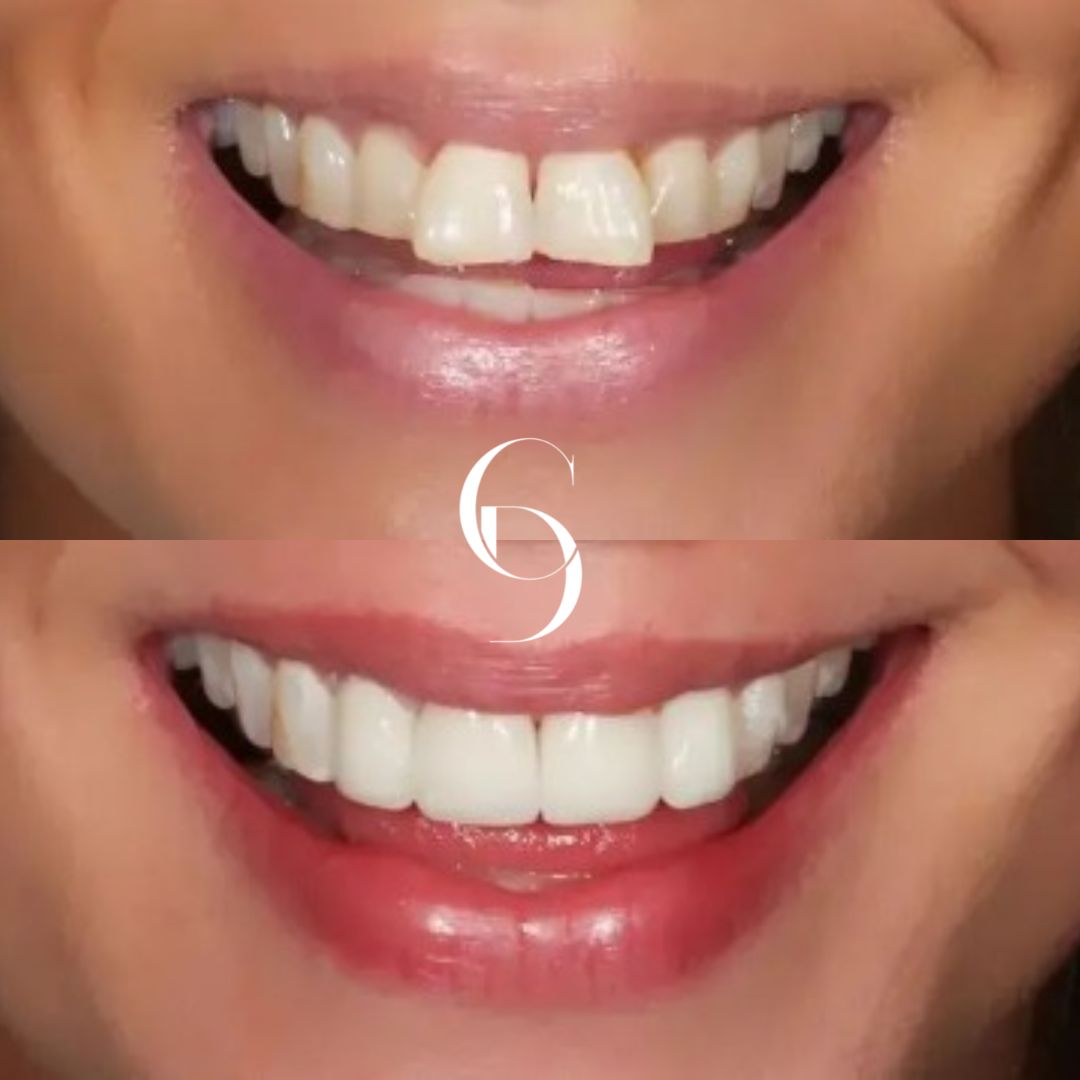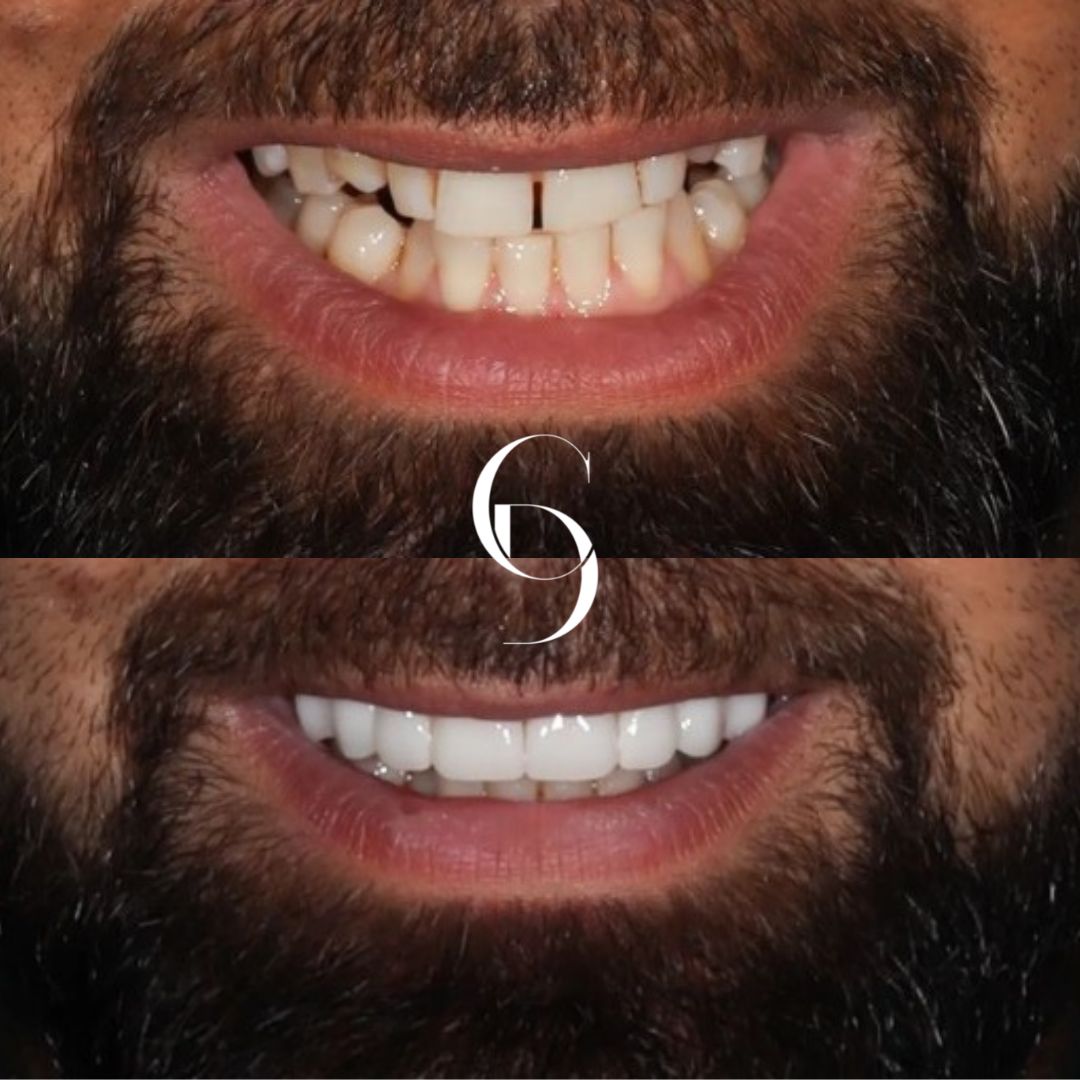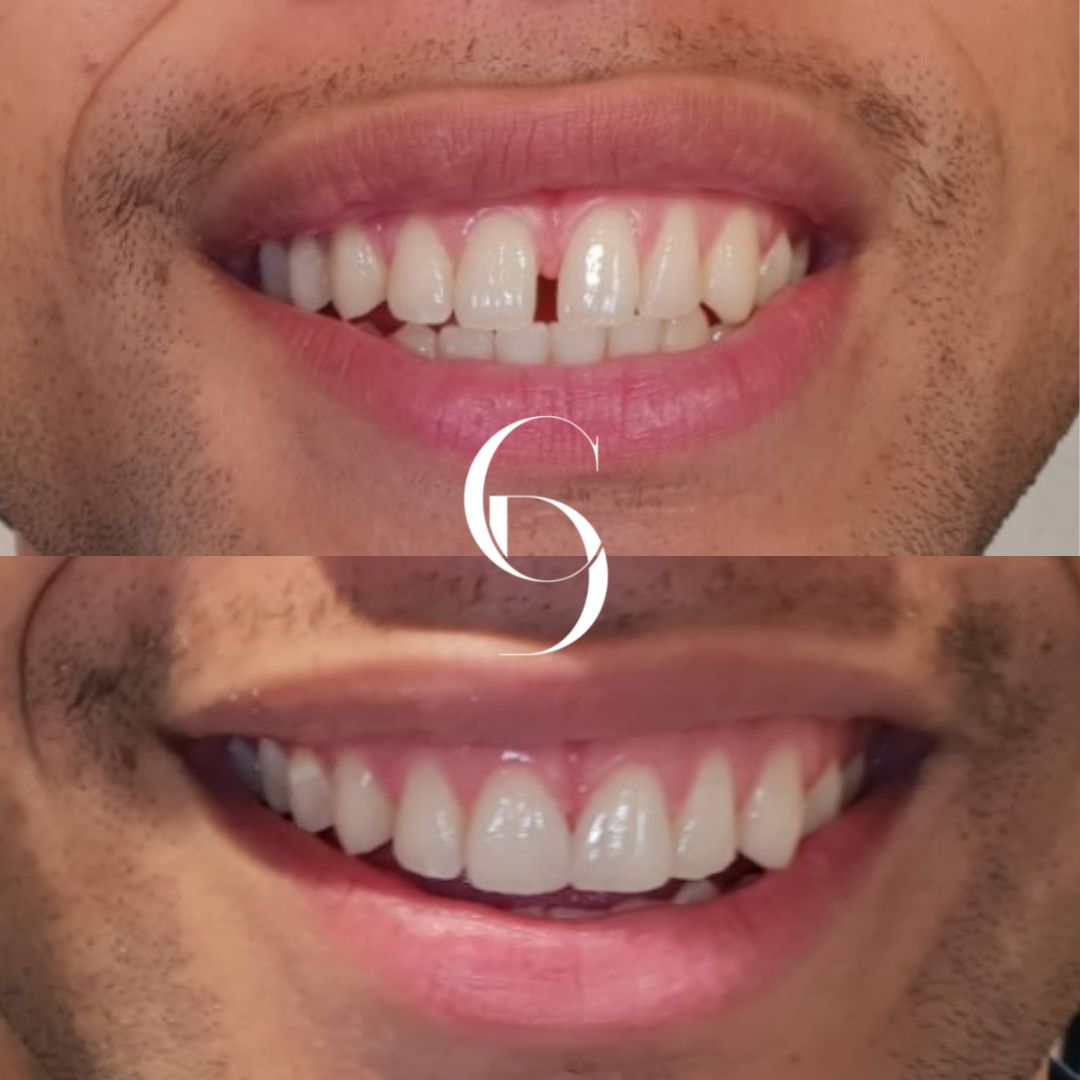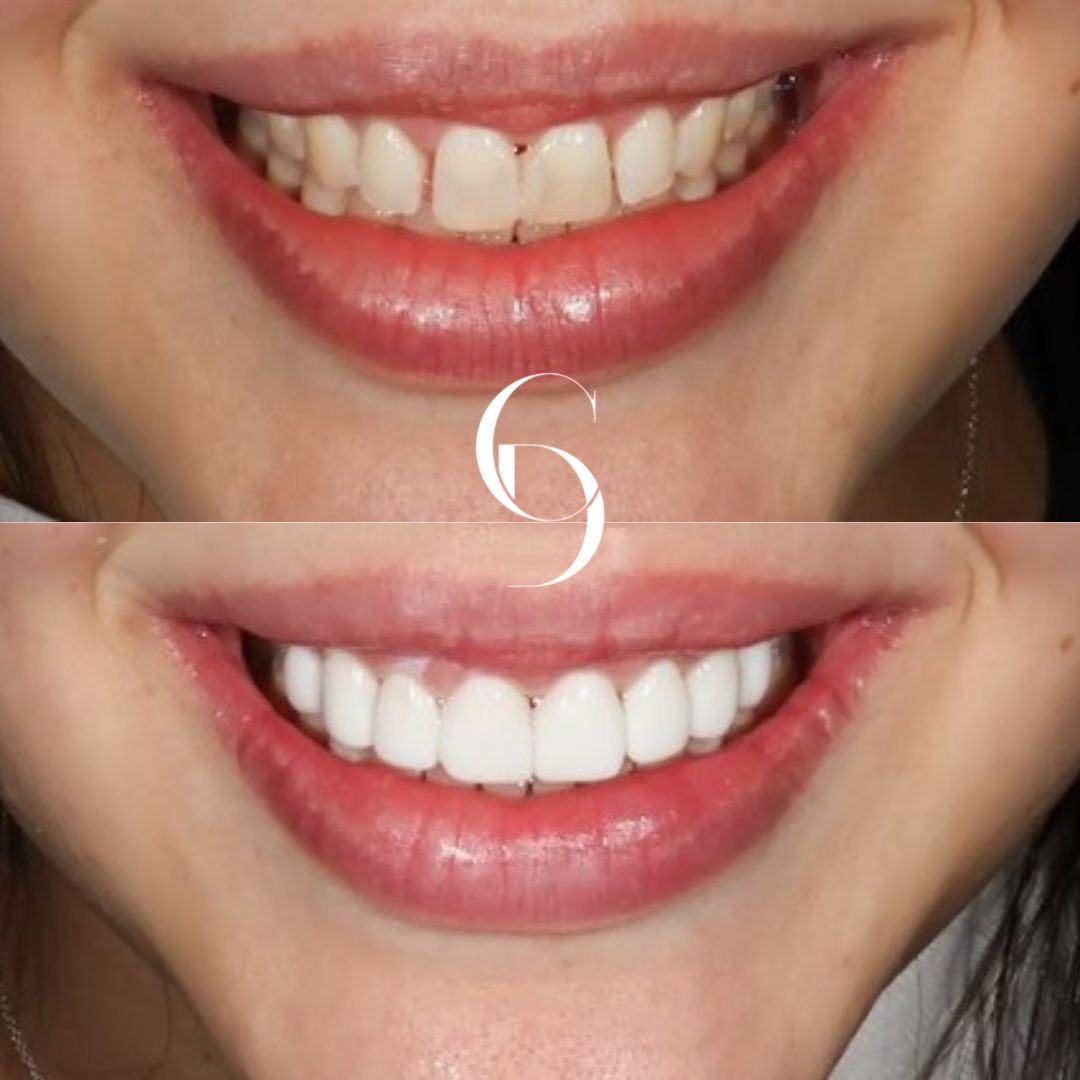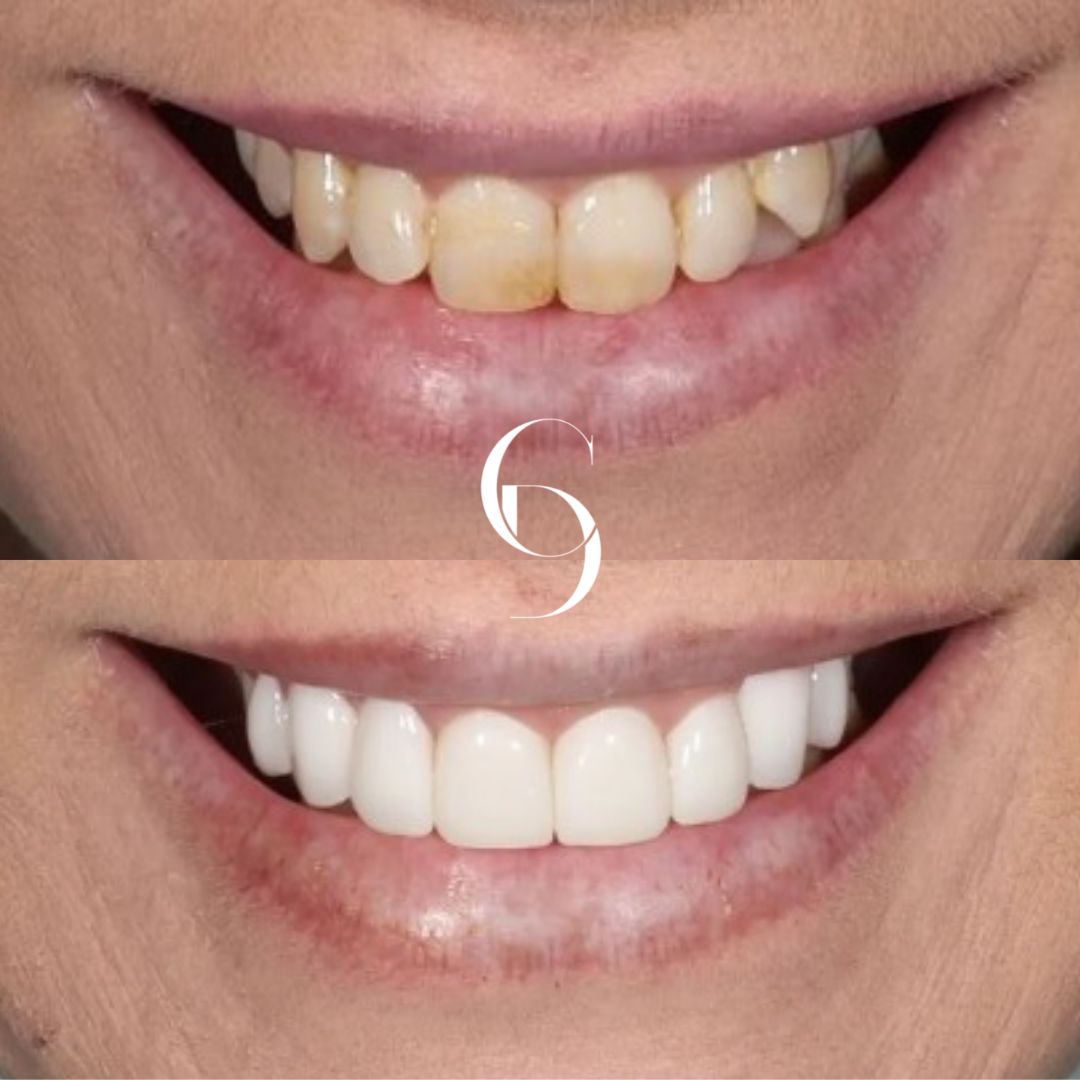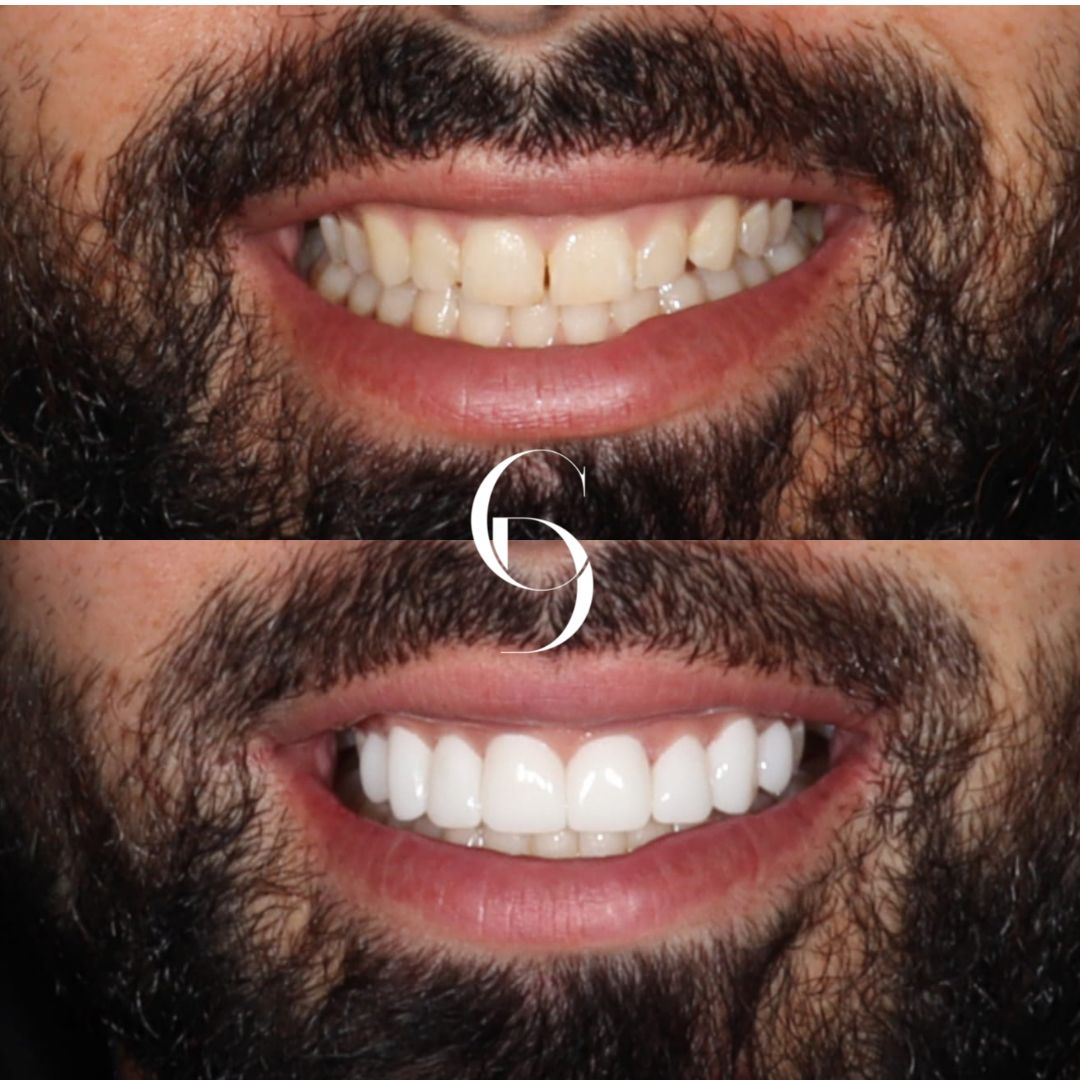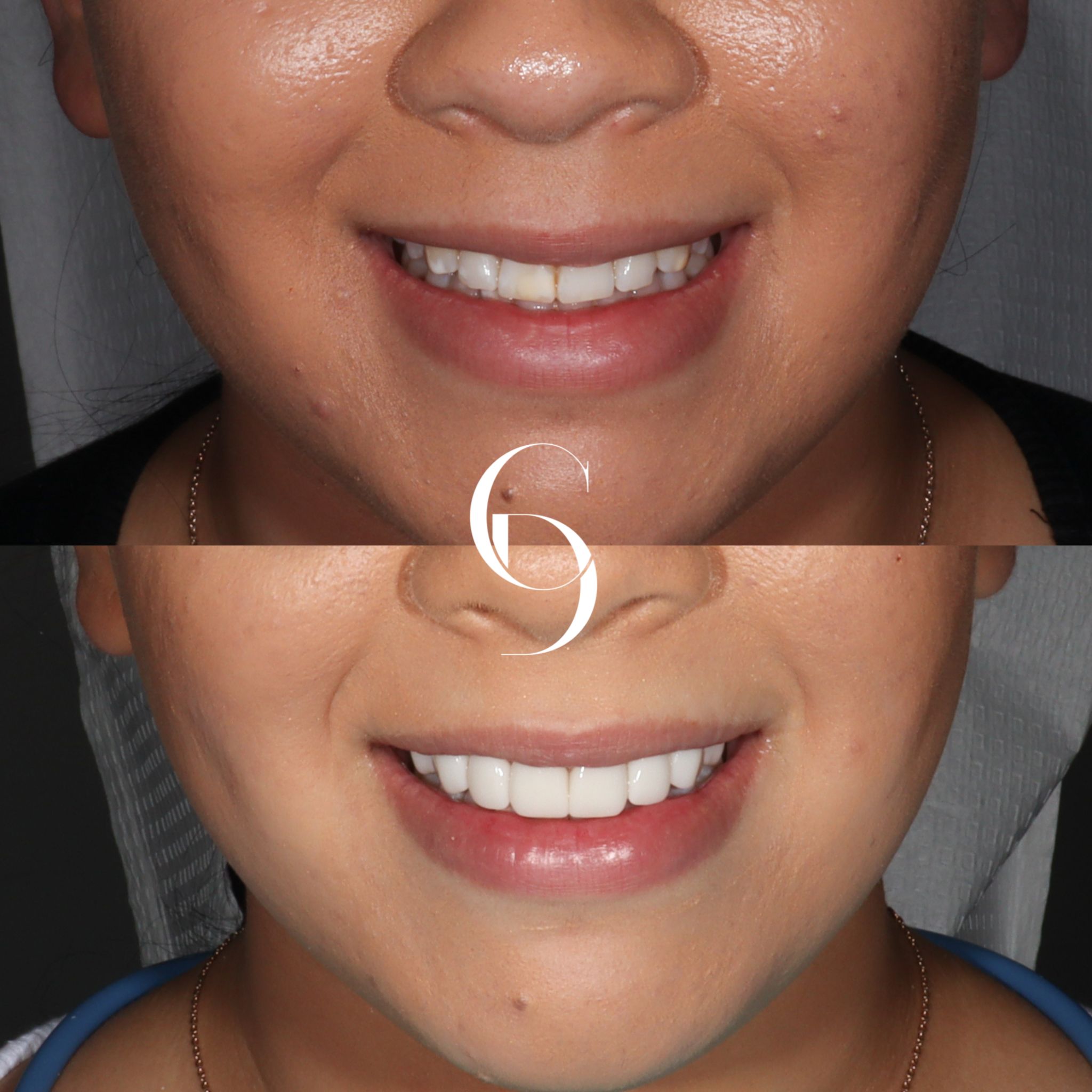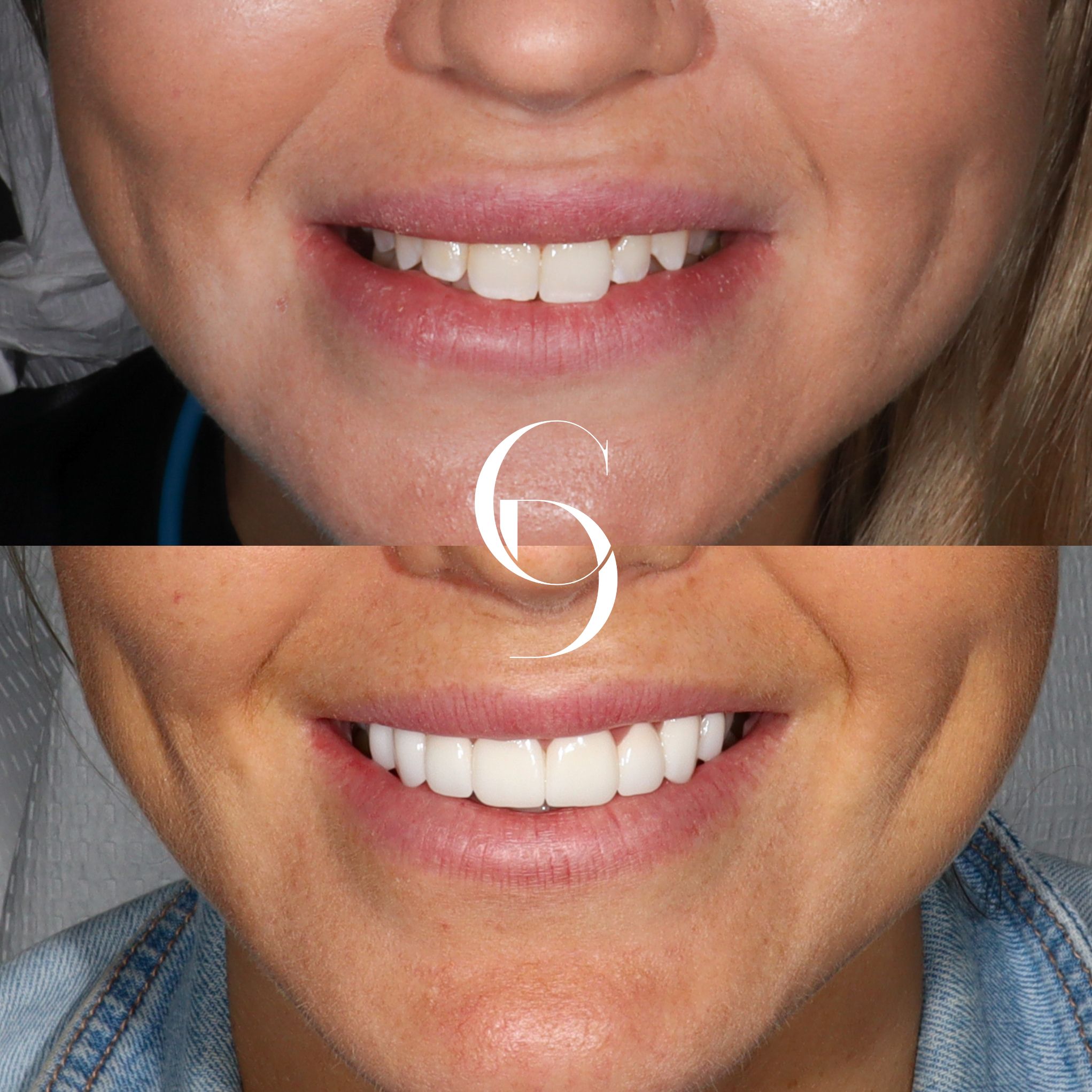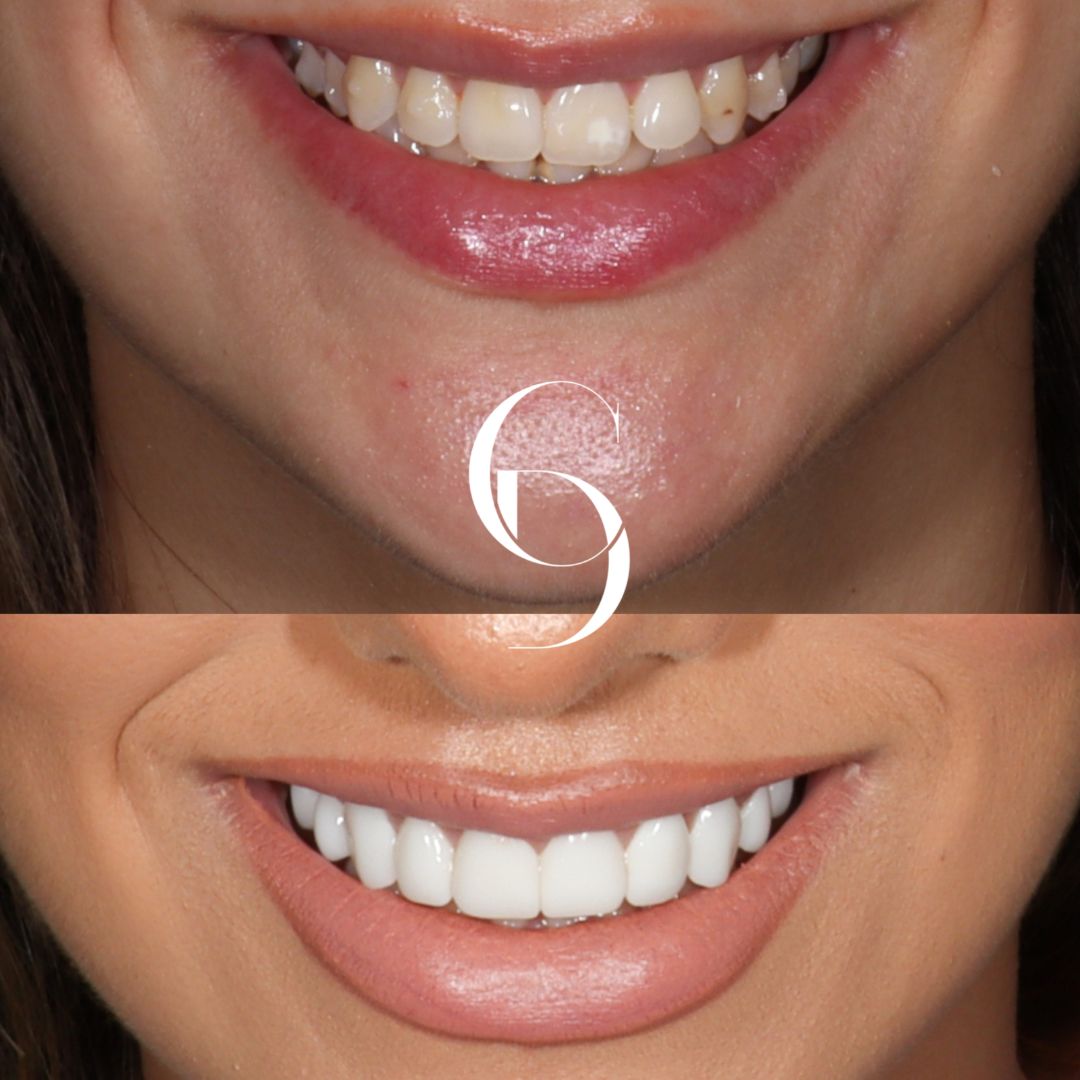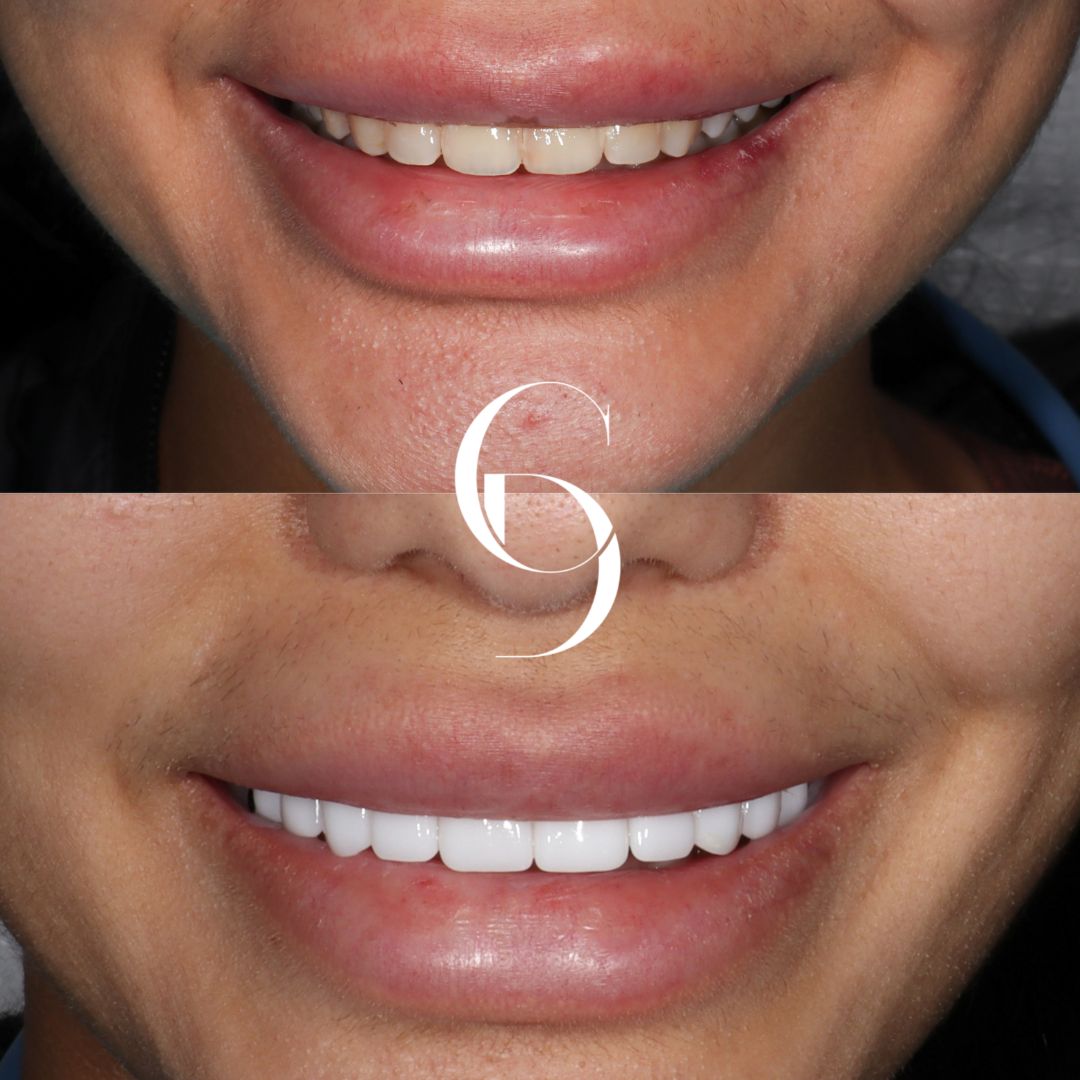Losing a tooth (or teeth) creates several problems – speech impairment, difficulty in eating, deformation of face, or hampered smile. What’s the solution for this? A dental treatment. But which one – dental implants, dental bridges or to get veneers in Sydney dentistries?
Before we move ahead, just know about what these treatments offer:
Dental implants – As the name suggests the implants are a way to fill the gap with a new tooth (teeth) in the place of a missing one(s).
Dental bridges – These act as the bridge to the replacement tooth (teeth) that fills the empty space.
Let’s find out which one is a feasible treatment for your dental problems.
Everything about the Dental Bridges
Dental bridges are a type of dental restoration that is used to replace missing teeth. A bridge consists of a false tooth (pontic) that is anchored to two or more healthy teeth on either side of the gap. The anchoring teeth are called abutment teeth. Bridges are made from a variety of materials, including porcelain, titanium, or a combination of both.
Reasons to use a dental bridge:
A dental bridge helps to restore the natural look of your smile by filling in the gaps created by missing teeth.
Missing teeth make it difficult to speak and chew properly. Dental bridges help to restore these functions by providing a replacement for the missing teeth.
When you lose teeth, your jaw bone can begin to shrink. This can cause your face to look sunken and aged. A dental bridge can help to prevent this by keeping the teeth in place and supporting the jaw bone.
Benefits of Dental Bridges
By filling the gaps created by missing teeth, dental bridges help to restore the natural look of your smile. This boosts your confidence and self-esteem.
Missing teeth make it difficult to speak and chew properly. The dental bridges help to restore these functions by providing a replacement for the missing teeth.
Dental bridges help to prevent jaw bone shrinkage and tooth shifting. This is because the bridge keeps the teeth in place and supports the jaw bone.
They are made from strong, durable materials that can withstand many years of wear and tear.
These are relatively easy to care for, you simply need to brush and floss them as you would your natural teeth.
Limitations of Dental Bridges
Dental bridges require healthy abutment teeth to support them. If the abutment teeth become damaged or decayed, the bridge may need to be replaced.
The price varies depending on the materials used, the number of teeth being replaced, and the complexity of the procedure
Some people may experience discomfort or sensitivity after getting a dental bridge. This is usually temporary and goes away within a few weeks.
They require careful brushing and flossing to prevent plaque buildup and decay.
Who needs the treatment?
Whose one or more missing teeth
With healthy abutment teeth
Who is willing to commit to good oral hygiene
Everything about the Dental Implants
Dental implants are artificial tooth roots that are surgically placed into the jawbone. They can be used to replace one or more missing teeth, and they can also be used to support bridges, crowns, and dentures.
Reasons to use dental implants
Implants look and feel like natural teeth, so they can restore your smile and confidence
It allows you to chew, speak, and smile normally again
Are permanent, so they don’t slip or move around like dentures
Helps to preserve jawbone health and prevent facial collapse
Benefits of Dental Implants
Dental implants look and feel like real teeth, blending seamlessly with your natural smile.
Implants provide strong and stable support, allowing you to bite and chew with confidence.
With proper care, dental implants can last a lifetime, making them a durable tooth replacement option.
Implants stimulate the jawbone, preventing bone loss that often occurs when teeth are missing.
Unlike bridges, implants do not require adjacent teeth to be altered or reduced for support.
Limitations of Dental Implants
Are expensive, making them financially prohibitive for some individuals.
Implant placement involves oral surgery, which carries inherent risks and may cause discomfort.
Requires a healing period of several months before the final restoration is attached, which is inconvenient for some patients.
Who needs the treatment?
Those with healthy gums and adequate oral hygiene
Adequate bone volume in the jaw to support the implant
Non-Smokers or Reduced Smoking
Stable Medical Health
What if implant treatment has missed some of your expectations?
In case your implanted crown does not meet the desired aesthetics, treatment of veneers in Sydney is considered a re-finishing measure by seasoned dentists. Since the material veneers are made of are –
Porcelain veneers:- They offer a highly natural appearance and greater durability.
Composite veneers:- It’s a more cost-effective option that is applied in a single visit.
What do you get from the treatment?
Cosmetic Improvement:
Enhance the appearance of teeth, covering stains, discolorations, and minor imperfections to create a brighter and more attractive smile.
Minimally Invasive:
Require minimal enamel removal, making them a conservative option for improving the appearance of teeth while preserving natural tooth structure.
Quick Results:
Provide a noticeable cosmetic improvement in a relatively short time, often within just a couple of dental visits, leading to a significant enhancement of your smile’s aesthetics.
Every treatment has its own significance in different oral health issues which can be known only by consulting with a dentist. After assessing your individual circumstances and preferences they will guide you in making an informed decision regarding your dental treatment.

